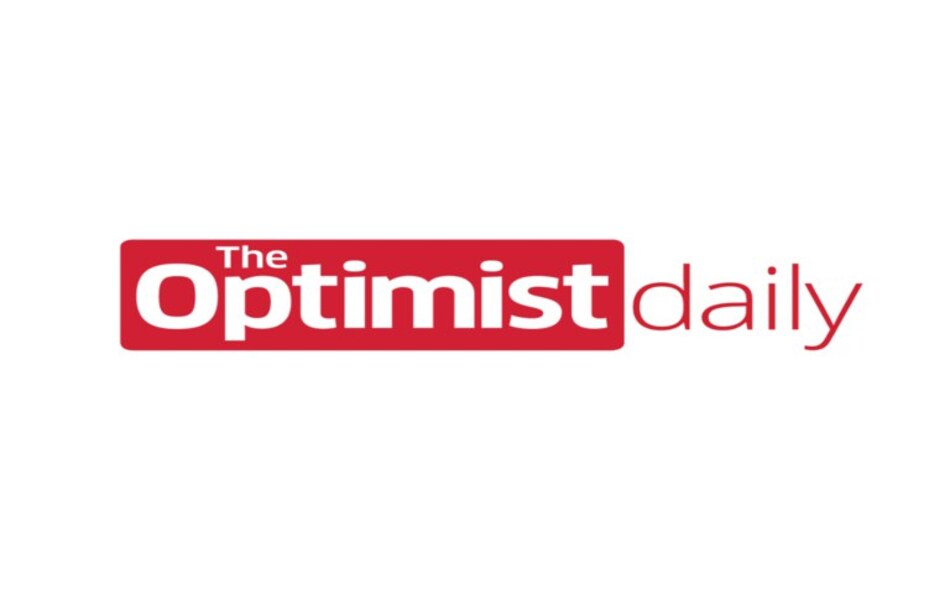Although cannabis is not necessarily thought of as an addictive substance, some people still develop problematic consumption habits and struggle when trying to kick the habit. Looking for a way to reduce problematic cannabis consumption, researchers conducted the world’s first clinical trial to discover whether cannabidiol (CBD) could help treat addiction.
The first results are promising. The double-blind, placebo-controlled trial, which was published in The Lancet Psychiatry, recruited 82 subjects with moderate to severe cannabis use disorder were recruited. The researchers studied the effect of three different doses of CBD—200 mg, 400 mg, or 800 mg – against a placebo. Alongside evaluating the safety profile of the treatment, the primary outcome measures involved self-reported cannabis consumption as well as urine tests tracking THC levels.
After four weeks of daily CBD doses, or placebo, the researchers found both the 400 mg and 800 mg doses led to similar reductions in urine THC levels and increases in self-reported periods of cannabis abstinence. The new research hypothesizes the psychoactive “high” generated by THC in cannabis may underpin the addiction problems seen in people suffering from cannabis use disorder.
Interestingly, a preliminary study last year from researchers at the Icahn School of Medicine at Mount Sinai suggested CBD can reduce drug cravings in subjects with a history of heroin abuse.
“Whilst it may seem counterintuitive to treat problematic cannabis use with CBD – a constituent part of the cannabis plant – THC and CBD have contrasting effects on our own endogenous cannabinoid system,” said Tom Freeman, lead author on the new study. “Unlike THC, CBD does not produce intoxicating or rewarding effects and it shows potential for treating several other medical disorders.”












